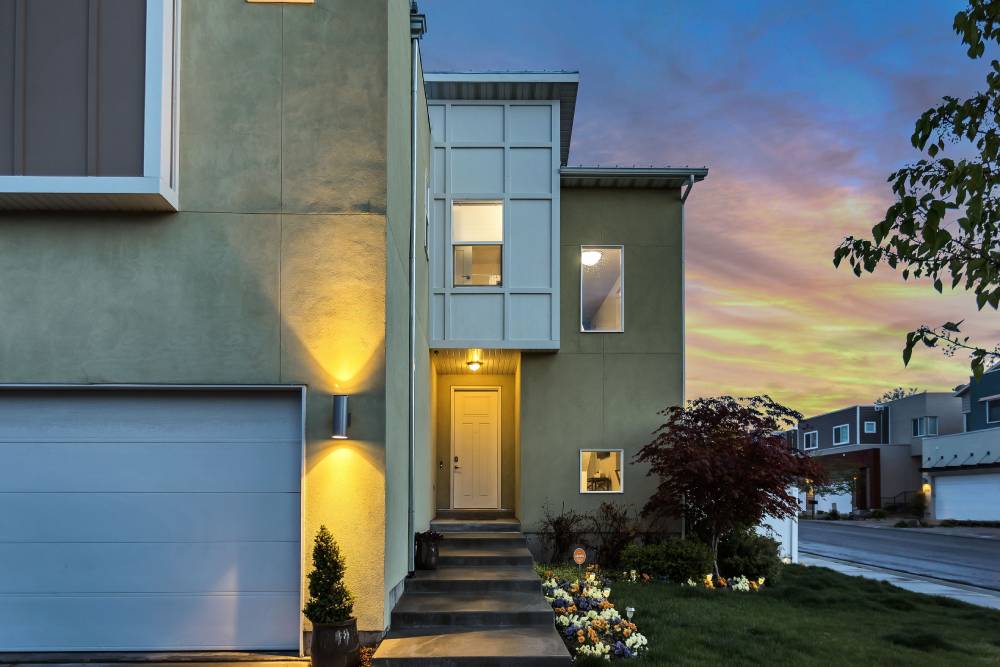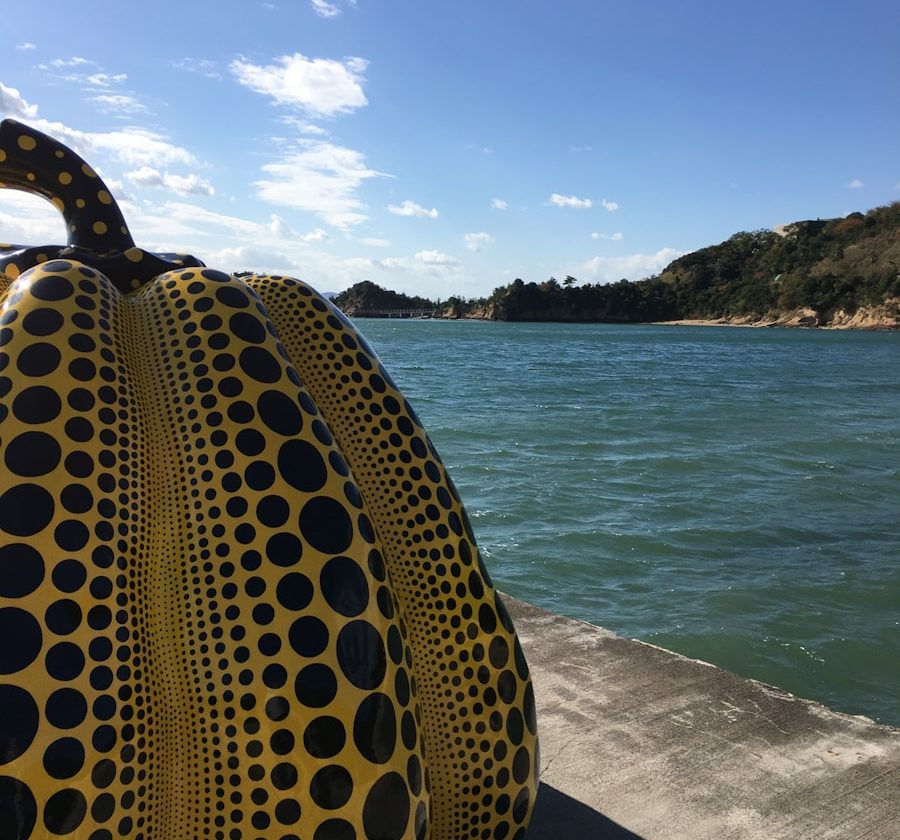The truth is, if done correctly, owning rental properties can be a fantastic way to receive passive income every single month.
You can build true wealth and retire early, however on the flip side you have done wrong they can turn into an ugly little monster to suck your time energy and money from you every single month.
In this article, let’s discuss how to properly invest in real estate with rental properties.
I’ve now owned my own a rental property for about six years and it’s worked out fantastic for me. In that time, I’ve increased about $90,000 worth of equity in my property and every single month I make about $200 a profit in cash flow.
In this article, I’m going to run through some of the numbers of what makes a good rental property, what those numbers look like, really what makes a bad property as well. I’m gonna give you a few of my tips on how to invest in real estate, and what I think is the best way to acquire your first rental property.
These all apply, no matter if it is a house in Hindmarsh, Adelaide, or an apartment on the Gold Coast, Queensland.
However, first I want to give you 3 ways that you actually make money with a rental property. There’s a lot of people who don’t fully understand how to invest in real estate, so the first one is what most people are familiar with and that’s cash flow. Cash flow is the profit that you make every single month after you paid all of your expenses from your monthly income.
It’s important that you look at all of your expenses, not just the expenses you had that month. There are many expenses that occur on the annual basis; you need to average those out over those 12 months.
Then there’s also some other factors in there. I’ll dive a little bit deeper into those numbers later, however for right now cash flow is the amount that you make profit every single month. The second way you make money with rental properties is appreciation. Appreciation is how much the value of the home has appreciated since you originally purchased it
Let’s say your property is appreciating value at about 3% every single year and that you originally bought it in 2010 for $210,000. That means right now, it’s probably worth about $275,000 if you were to tell it, so you’ve made $65,000 in equity gained through appreciation.
The third way that you can make money with a rental property, is get paid out. Every single month when your tenants pay you and you would then pay your mortgage company, you are paying down your debt. It’s usually not by much maybe a few hundred dollars, however on a long enough time span that can quickly add up.
There’s also a few tricks that you can do to really enhance this debt, pay down such as making an extra payment every year or even take the money that you save and pay it off the mortgage.
That’s actually what I did with this property the first few years I was renting it out. Any profit I would make off at every single month with this goes towards paying down the principal on that. So when I started to invest in real estate, I bought this house for $210,000 currently I owe $185,000 the passively accumulated about $25,000 worth in equity just from my tenant.
Paying down my mortgage however now it’s important to know with how a 30-year amortisation work is that you don’t pay down much of the principal upfront however as you get into the later years of your mortgage you have to pay down more and more of that principal. So the debt pay down affects will really accelerate the longer that you have that rental property.
Through debt pay down and appreciation, I have now accumulated about $90,000 worth of equity in this property. Those are the three ways they actually make a profit through a rental property.
Now there are some investors that will actually buy a home that is not cashflow positive, and that every month they break completely even just so they can take advantage of the debt pay down and appreciation effect.
If you think about it, even if you had to run a property that just broke even every single month – that’s not what you want – however if you have that property breaking even every month, in 30 years that property is gonna be completely paid off. So you paid off by your tenants, plus in 30 years it’s probably going to appreciate quite a bit and value – they may even double in value in 30 years.
Even if you’re not cash flowing a profit every month, it can still be a pretty good investment. Now we’ve gone over the three ways they actually make a profit through a rental property, let’s break down some of the numbers of what you should be looking for when you’re trying to crunch the numbers or whether a property is going to give you a profit.
Let’s say you find a home for sale and you’re wondering if it will make a good rental property. Maybe it’s in a good school zone, maybe it’s in a good area that’s really appreciating values, so let’s crunch those numbers to see it actually make a profit every single month.
Now it is important with real estate investing, that you make a profit when you buy the property not only sell the property. It all comes down to buying a home at the right price.
The truth is, not every property makes a good rental property. The numbers just don’t always add up in your favour. Somewhere around 70-80% of the properties that are for sale right now would actually be cash flow negative, which means it actually lose money every single month renting those out.
It’s important that you really crunch the numbers and know your numbers well and that you buy a home at the right price. Let’s say you find a property you think may make a good rental property. The first thing you want to do is figure out what your rent estimate is for that property.
There is a couple ways you do this one. If you’re working with a real estate agent, they should be able to give you a rent estimate of what they think you’d be able to run it for every month. However you can also go to the many different property websites on the web and look at what other similar homes in that area are currently renting for.
This will give you an idea of what you may be able to get for your property. I really recommend that you find maybe 3-4 similar rental properties and then average out their rents. Let’s say you did this, and you found some similar homes and the average rent is about $2,000 a month.
Next, I want you to talk to all your monthly expenses and your biggest one is going to be your mortgage payment. There are some calculators online I give you a rough estimate however ideally you’d really crunch these numbers as accurately as possible.
Figuring out what your principal and interest is that’s fairly easy there’s plenty of mortgage calculators that you can find online do that for you.
To work out rates, you can figure out and then divide that by 12 to get what your monthly property rates are. For your insurance, you know maybe contact your insurance agent and get an estimate of what your monthly expense would be for insurance on a rental property like this.
Those four expenses will make up your main expenses. Let’s say your total monthly expense is gonna be $1,500 a month. So right now you may be thinking well great my rental incomes $2,000 a month, and my expenses are only $1,500 a month, so that’s $500 cash flow.
Unfortunately, there are some other expenses that you really need to calculate into this to get a much more accurate depiction of whether or not you should invest in real estate, and if you will be profitable or not.
The first one you want to factor in is a vacancy rate so this is to account for the periods that you don’t have a tenant in there. So really the periods between tenants. Let’s say you put the property up for rent and it may take you a month and a half or two months to actually get a tenant into this property. Then the tenant only stays for 12 months, and then their home once again is vacant for maybe a month before you get a new tenant in there.
You really want to factor these expenses into your math when you’re figuring out if you should invest in real estate with this particular property, and if it will be profitable or not. There’s no real hard rule for vacancy rates that I’ve seen, however many people recommend deducting anywhere between 5-8% of your monthly rental income. So let’s factor in 5% and that means the property vacancy will cosy about a hundred dollars a month, so we’re going to add a hundred dollars to your monthly expenses.
Next, we need a factor in what your maintenance costs on the property. Most months your maintenance cost is going to be zero, however maybe once a year you may have some kind of maintenance issue. Then, every 5-7 years, you may have a bigger issue like a new hot water system or new roof, etc.
These bigger expenses are called capital expenditures, so these are ones that don’t occur very often however nonetheless you want to factor these into your monthly expenses. Once again, how much you factor in capital expenditure varies. If it’s an older home built in the 1960s, these bigger issues they may occur more often. If it’s a brand new home you may not have to worry about that hot water system for another 10 years.
Let’s throw in 10% for maintenance, so we’re in a factored in another 10% into our monthly expenses so with the $2,000 a month of rental income that comes out to an expensive $200 a month. Once again, we’re gonna add that $200 a month to our monthly expenses.
The last expense that we want to factor in when we invest in real estate, is property management. If you live close by, fantastic you can manage this property yourself if you like. If you want a higher professional company that manages this property for you typically they run about 10% a month of your rental income.
So every single month, you are giving them 10% of the rental income to manage your property. Again that’s about $200, so let’s go ahead and add that to our expenses.
Now when we factor in our mortgage payment, and all the above payments and expenses, we’re earning $2,000 a month of rental income and having $2,000 a month worth of expenses. So, we’re essentially breaking even.
As you can see, we went from our original assumption of cash flowing $500 a month down to cash flowing maybe $200 a month or maybe even nothing every single month and it’s breaking even.
If you want to make it feel stronger, you want a cash flow more then you even need to do something to increase the rental rate or you need to purchase properties slightly less and somehow get that mortgage payment down.
Summary
That’s a pretty big difference right there and the difference of $200 a month and this is why I recommend you always do the maths before you start to invest in real estate, and making an offer on a property. Good luck!






